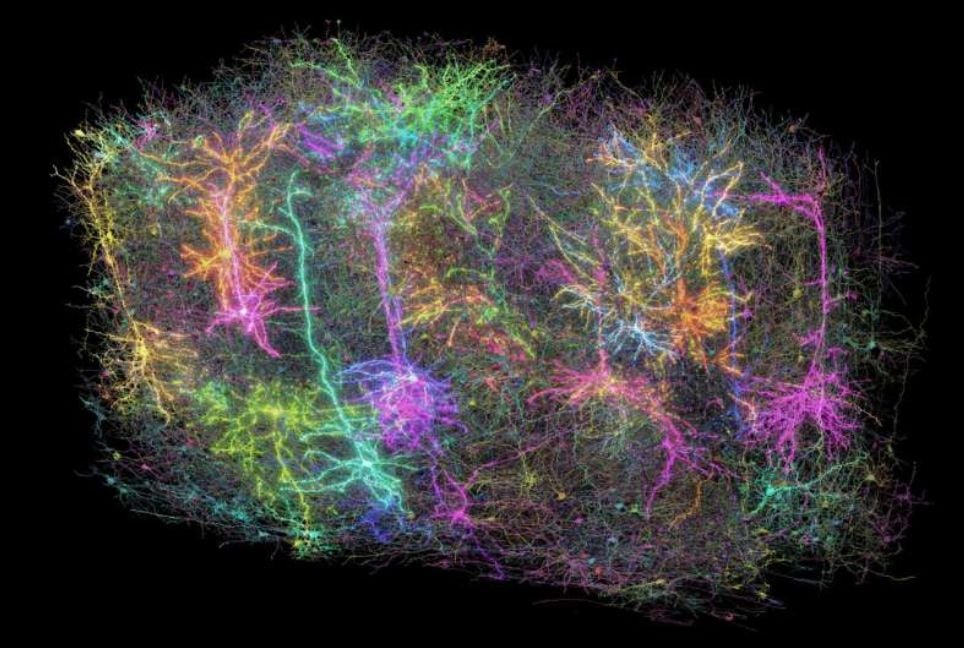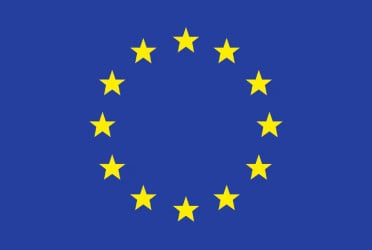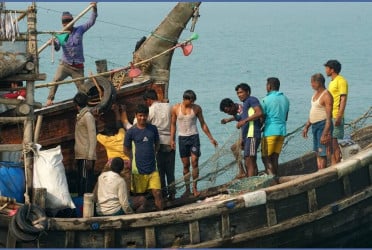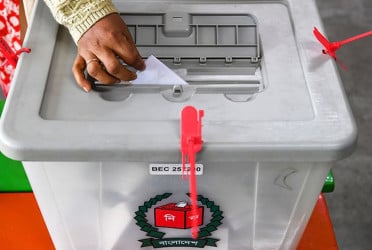An email from Interpol in the U.S. alerted Dubai authorities about a Snapchat post by a child that showed expired medicines labeled as 'suicide.' The post raised serious concerns for the child's safety and the risk of other children copying it.
"When we received the alert, we knew we had to act quickly. The IP address traced back to Dubai, and the implications were serious," stated Major Dr Ali Mohammed Al Matrooshi, director of the child and women protection department at Dubai Police, during the Child Helpline Forum held on Tuesday, reports Khaleej Times.
The Child and Women Protection Department coordinated with the general department of criminal investigations to identify the account swiftly.
Authorities contacted the family to confirm the child's safety and facilitate a meeting. A comprehensive psychological evaluation determined that the child did not exhibit suicidal tendencies; instead, she had shared the images as a misguided joke among friends. Dr Al Matrooshi remarked, "It was vital to handle the situation carefully, ensuring the child's wellbeing while addressing the underlying issues."
He highlighted the need for improved Artificial Intelligence (AI) technologies to monitor online behaviours that could jeopardise children's safety. "AI can play a crucial role in identifying harmful behaviours and facilitating early intervention," he noted.
International child protection organisations have come together to navigate how to use AI to protect a child better. “AI is a powerful tool for data collection and analysis, it can gather information to guide where a child might need help or intervention,” Mr Patrick Krens, executive director of Child Helpline International told Khaleej Times.
He noted, "We are collaborating with a tech company to develop software that assists counsellors during calls, providing them with prompts and scenarios to better engage with children in need."
However, as he supported the usage of AI, he stressed that while AI can enhance the process of providing support, it cannot replace human counsellors. "AI can significantly aid our efforts, but the human touch remains irreplaceable in providing the care and empathy that children require."
Mrs Moza Al Shoomi, vice-president of the Child Protection Association, also discussed the potential of AI to support communication with vulnerable children. "By leveraging AI, we can identify at-risk children without them needing to reach out for help," she explained.
She cited cases where family circumstances, such as parental imprisonment or psychological issues, could impact a child's stability. "AI can analyze family files and alert us to children who may require assistance, such as those whose parents are struggling with addiction or mental health challenges."
The forum concluded with calls for stricter regulations on children's social media usage and increased educational initiatives about the risks associated with sharing sensitive content online. "These initiatives are essential for protecting children in our increasingly digital world,” Dr Al Matrooshi added
He finally cautioned about the dangers AI poses to children, including the spread of hate and stereotypes, threats to privacy, exposure to inappropriate content, and social isolation. "We must consider how AI affects the social well-being of children," he warned.
Bd-pratidin English/ Afia
































































